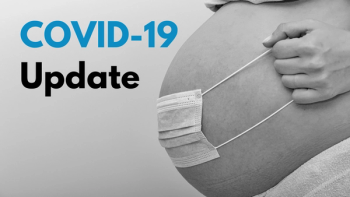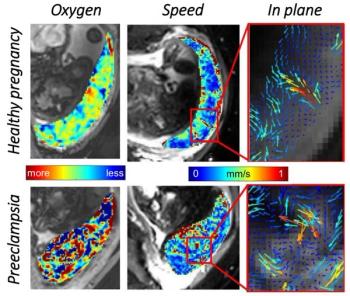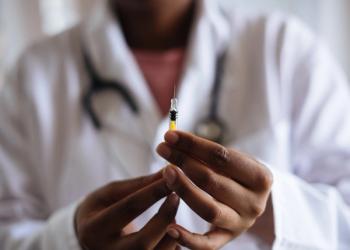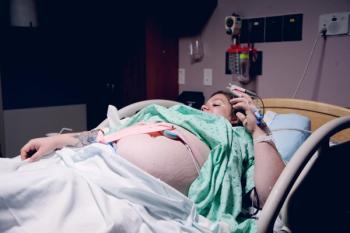
Data on COVID-19 during pregnancy, as reported by the CDC, in collaboration with state, local, and territorial health departments and external partners.

Data on COVID-19 during pregnancy, as reported by the CDC, in collaboration with state, local, and territorial health departments and external partners.

A new study released by the National Institutes of Health (NIH) indicates that opioid use in women may result in higher chances of pregnancy loss and lower chances of conceiving.

In July 2019, a jury awarded $229.6 million in the largest medical malpractice verdict ever in the United States.

Senior Editor Angie DeRosa and Associate Editor Lindsey Carr sat down with Drs. Vanessa Rogers and Shawna Nesbitt to discuss racism and unconscious bias in ob/gyn practice.

Hear Her aims to raise awareness of pregnancy-related deaths and provide support and education to pregnant women and postpartum women (within 1 year of delivery).

A new study offers important new insights into various placental functions and describes a new physiological phenomenon.

Transgender and nonbinary people face disproportionate rates of stigma and discrimination in seeking healthcare—and may encounter additional unique barriers in attaining gynecologic and reproductive care.

“In the past 55 years since I became a physician, progress has been made but we still have so much more to do and a long way to go.”

Ensuring access to safe and effective contraception for postpartum women is an important national goal for India because only one-quarter of the country’s postpartum population is using contraception.

Senior Editor Angie DeRosa and Associate Editor Lindsey Carr sat down with Drs. Vanessa Rogers and Shawna Nesbitt to discuss racism and unconscious bias in ob/gyn practice.

A literature review published in Pediatrics analyzed whether the practice of immunizations during pregnancy influence other early health outcomes.

A new study in the New England Journal of Medicine investigated the joint effect of gestational age and Apgar scores on the risks of neonatal death.

A new report in Pediatrics investigated whether black children were likely to have more complications and greater mortality following surgery than their white peers.

This Thursday, July 30, 2020 at 6 p.m. EDT, join us for a 1-hour live webinar as experts in infectious disease, virology, and vaccinology break down the top vaccine candidates, key findings from the latest clinical trials, and discuss ways to overcome the logistical hurdles of a vaccine rollout amid a global pandemic.

The study in the Journal of Clinical Oncology is a follow-up to a study conducted by the same authors to evaluate if pregnancy is safe in breast cancer patients who have hormone-sensitive breast cancer.

The results of this study allowed researchers to identify the onset mechanism of recurrent pregnancy loss (RPL), especially in some cases that would have otherwise remained unexplained.

Contemporary OB/GYN Senior Editor Angie DeRosa interviews Maternal-Fetal Medicine Specialist Dr. Washington Hill to get his perspective on what practicing ob/gyns can do to address implicit bias and racism in the health care system.

A recent systematic review found that climate change-related exacerbation of the two exposures may be having an adverse effect on obstetric outcomes.

The National Institutes of Health (NIH) will host a virtual panel discussion on Wednesday, July 22, 2020 from 2 p.m. to 3 p.m. EST.

This episode of Pap Talk by Contemporary OB/GYN features an interview with Dr. Emily S. Miller, with Northwestern Medicine in Chicago.

Two calculators for practitioners to estimate fetal growth percentiles, velocity and account for racial and ethnic variation from the NICHD are now available.

This case involves induction of labor for a suspected large for gestational age (LGA) baby in a mother with a normal antepartum course.

A nationwide study by Swedish researchers suggests that inducing labor at no later than 41 weeks could be one of the few interventions that reduce stillbirths.

For Cord Blood Awareness Month, here are some updated usages and FDA regulations for practitioners using cord blood.

Bridging the generational gap in the physician workforce.